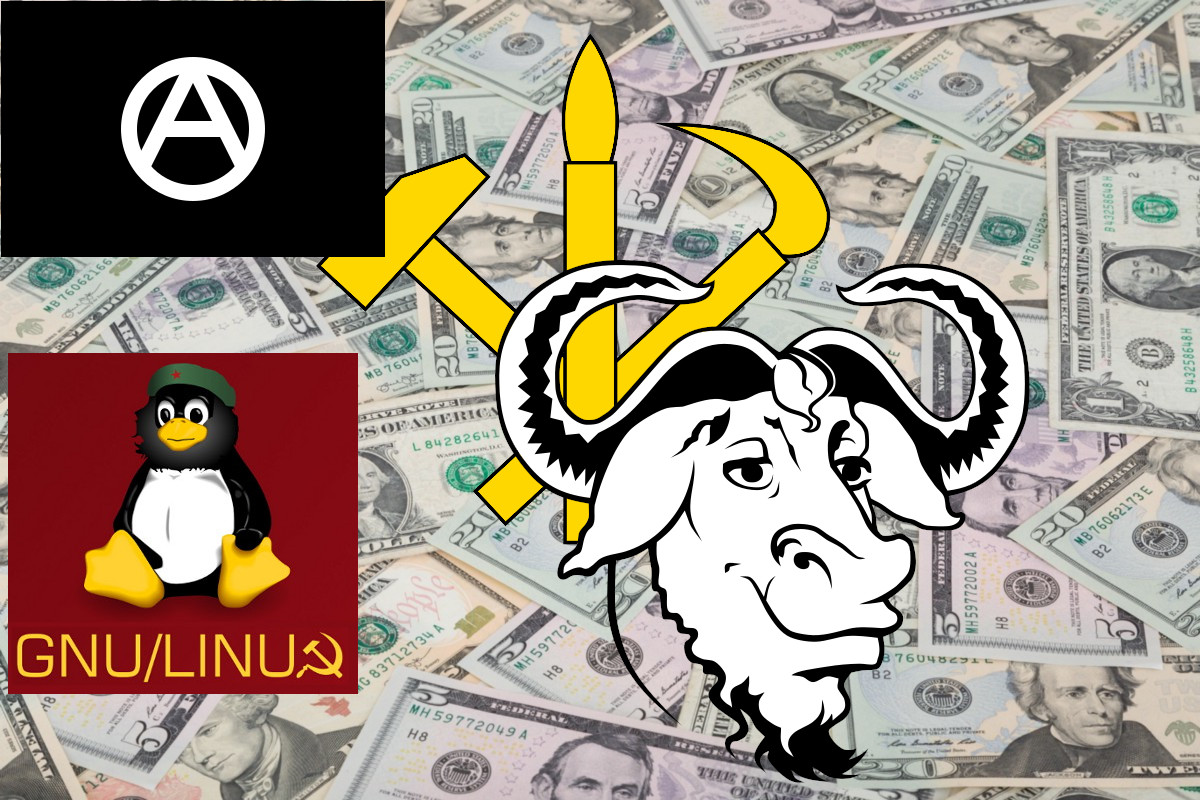Is free software anarchist or capitalist? Some call it communist, others say it is capitalist, anarchist... Who is right? Who is right, and do the following comments made by former Microsoft CEO Steve Ballmer make sense?
Linux is a tough competitor. There's no company called Linux, there's barely a Linux road map. Yet Linux sort of springs organically from the earth. And it had, you know, the characteristics of communism that people love so very, very much about it. That is, it's free.1
Capitalism
Proprietary software favours monopolies of companies that control almost the entirety of a market. It is impossible to achieve a good market position with proprietary software alone, so in order to compete many companies must use free software. Nowadays it is difficult to find technology companies that do not make considerable use of free software.
Of course, there are different capitalist currents. Free software, in any case, has a place in this type of society as long as there is a demand for it or its use provides a competitive advantage.
Anarchism
Free software ends the unjust power that programmers have over users. Since anarchism is about ending the authority imposed on the individual, the freedoms granted by free software mean liberation.
Other political systems
Free software is used in a wide variety of political systems. What's the problem? North Korea, for example, developed a GNU/Linux distribution called Red Star OS.
Conclusion
I consider it absurd to frame free software in a particular political system. It is undoubtedly more efficient and secure than proprietary software, and countless political models can benefit from its adoption. Proprietary software is like alchemy, while free software is like science. No wonder almost all supercomputers and web servers run on free software.
-
From the article from The Register MS' Ballmer: Linux is communism. ↩




